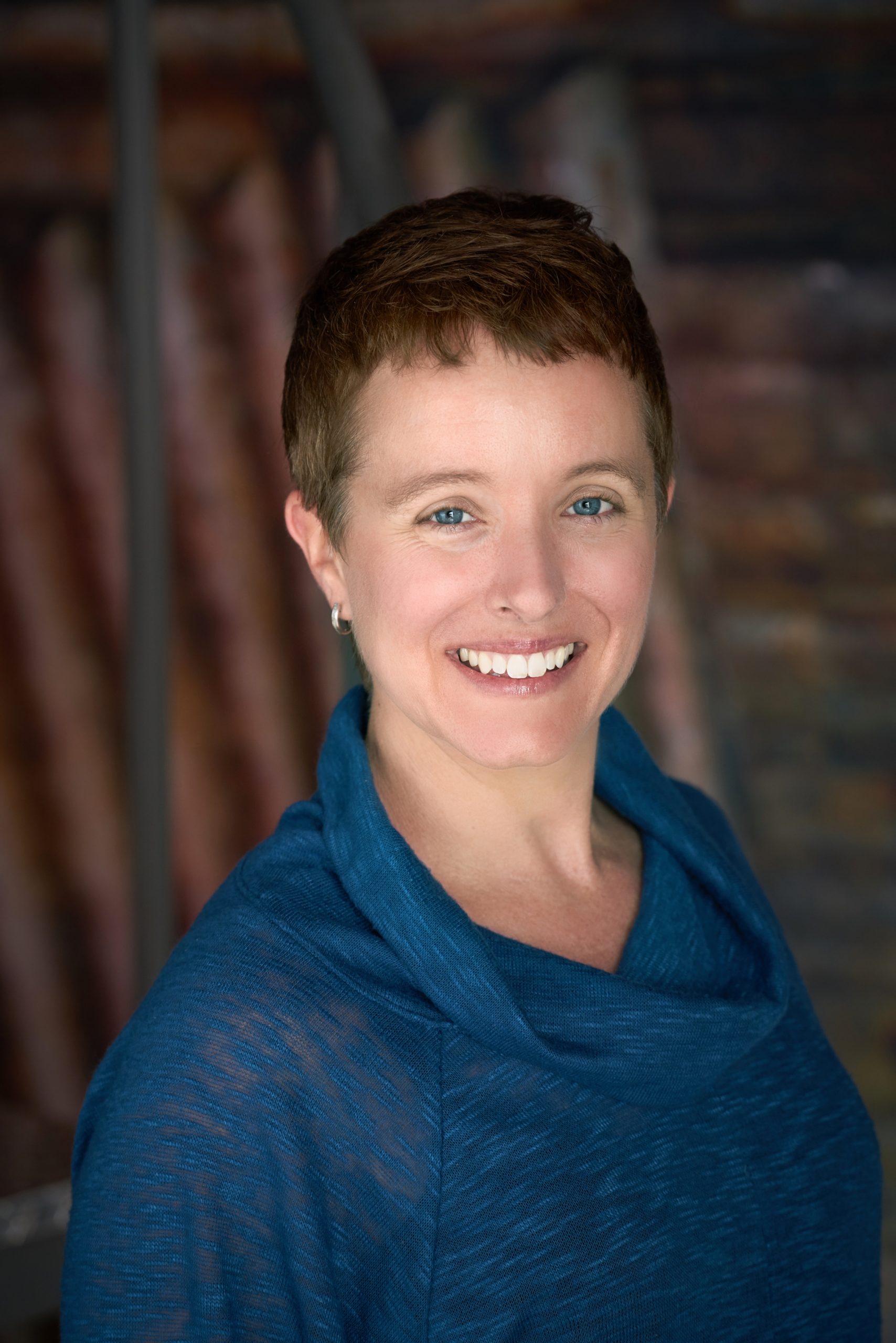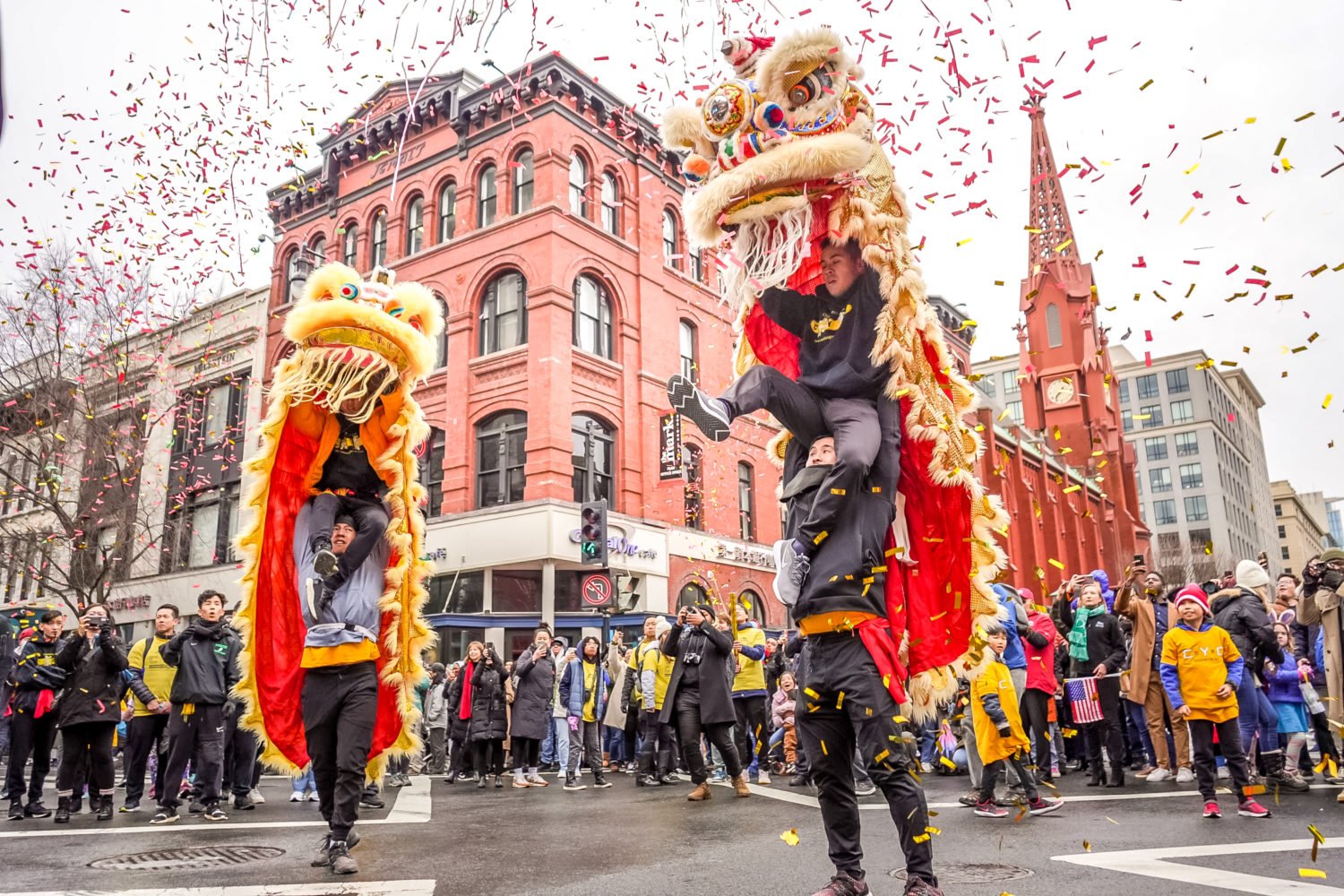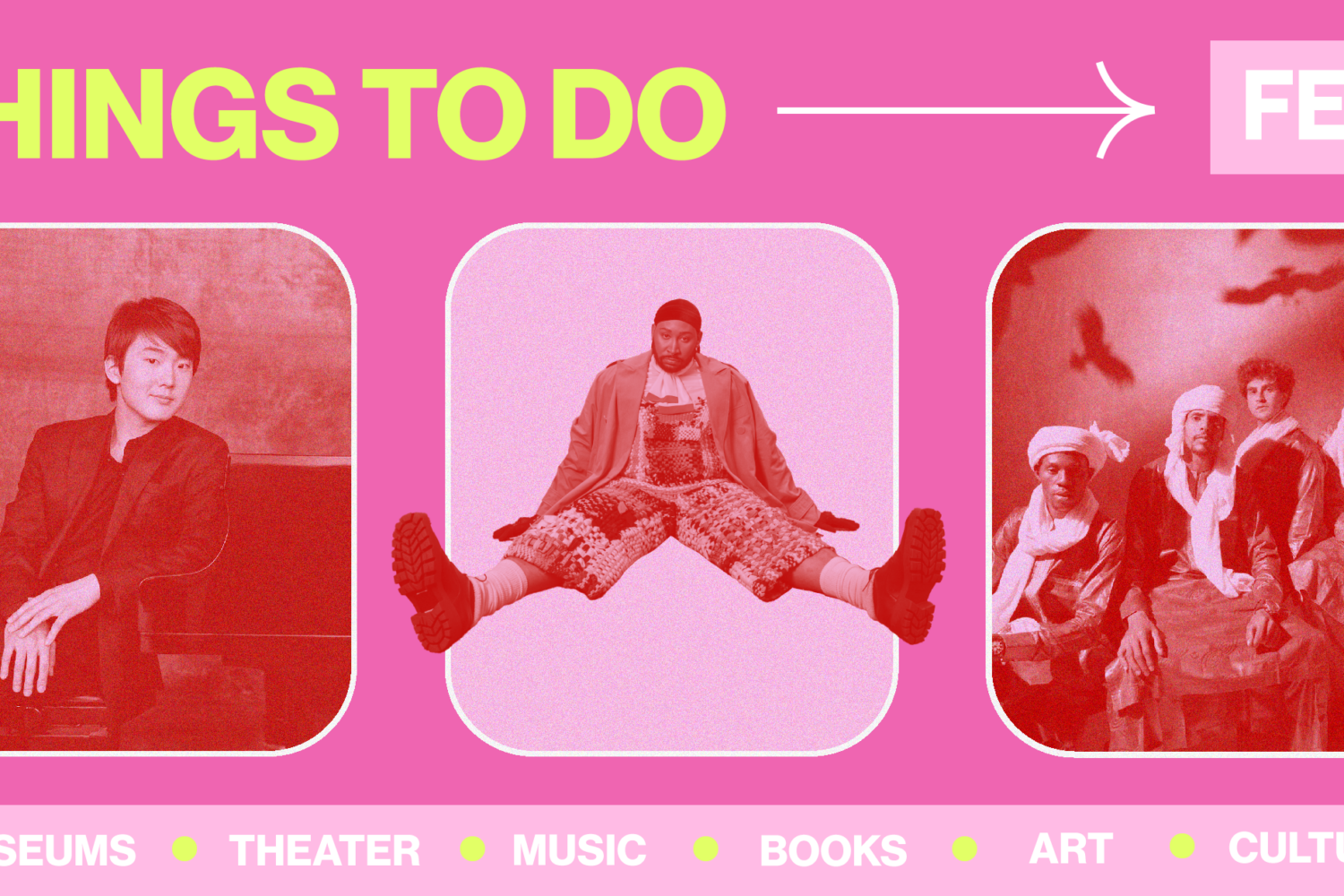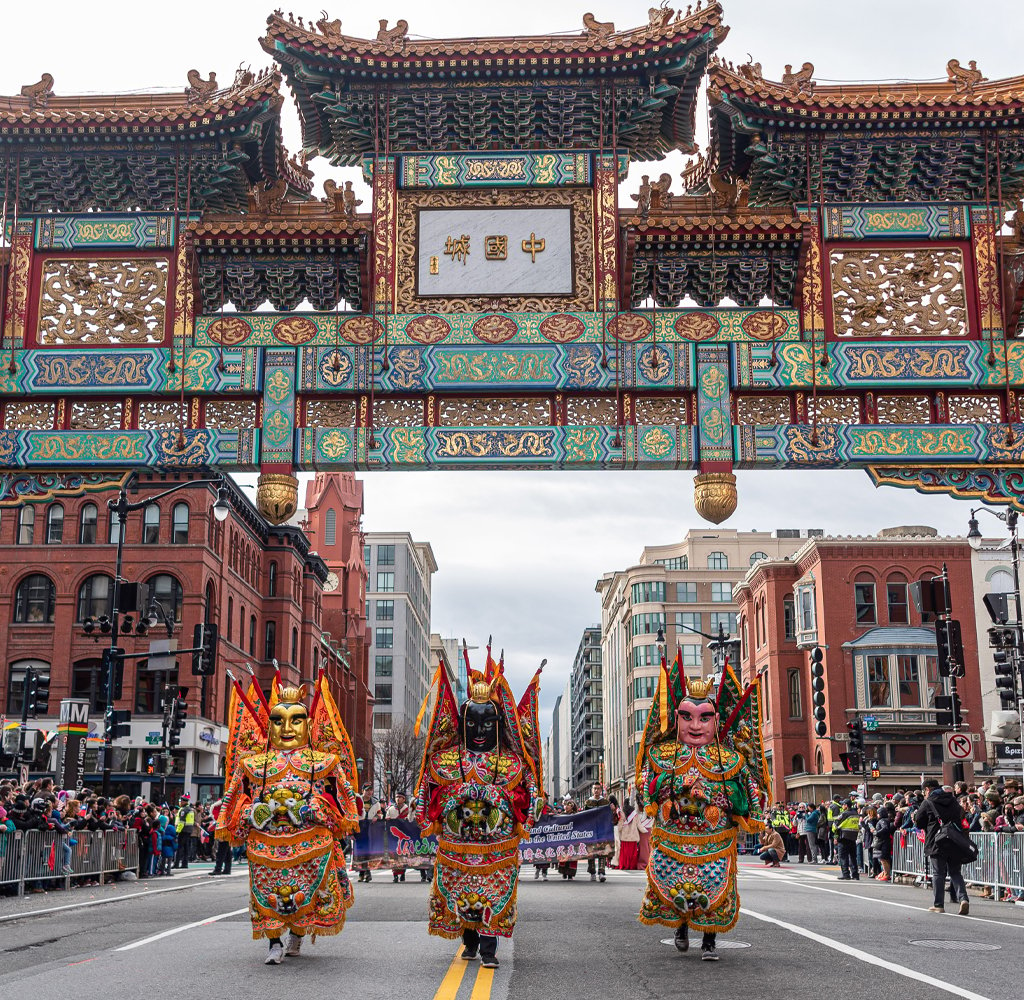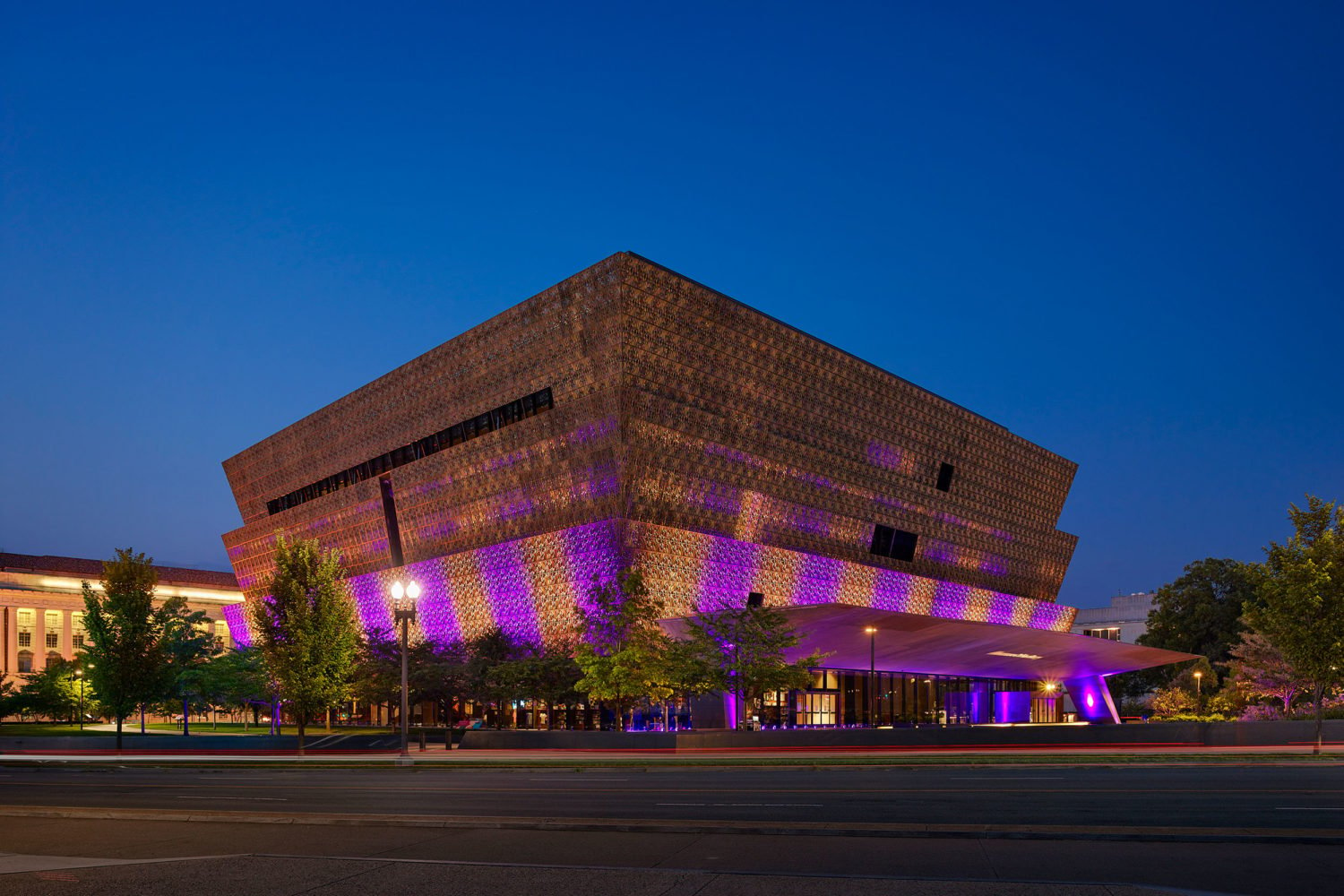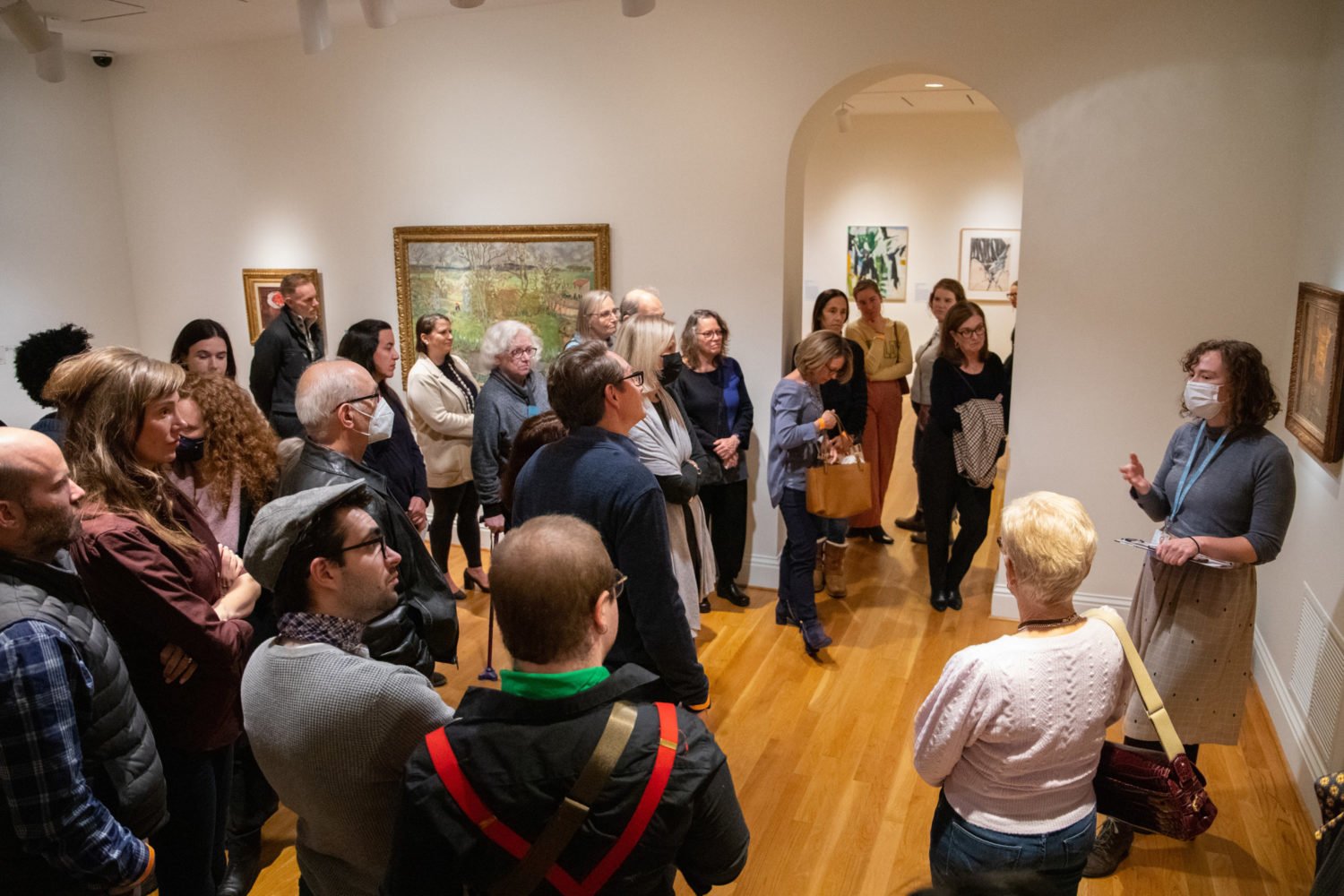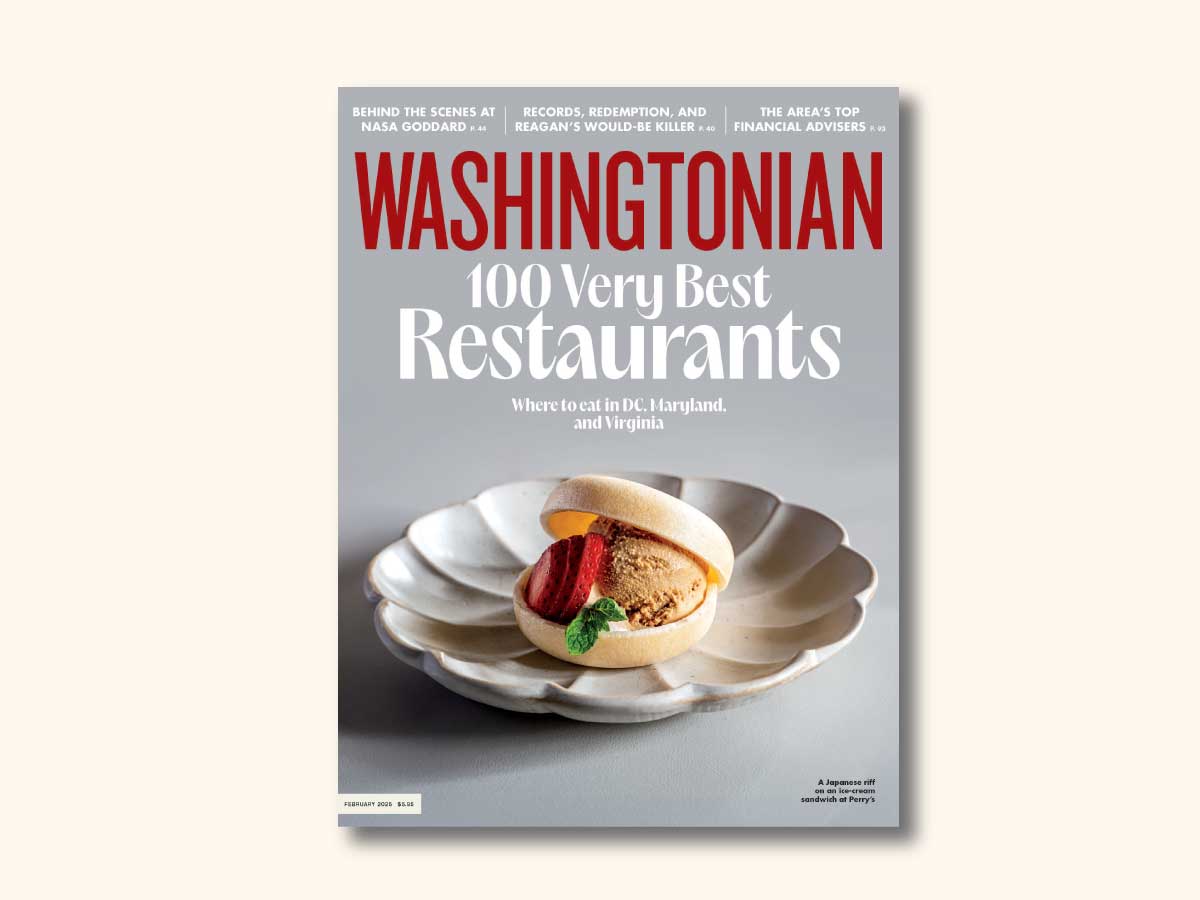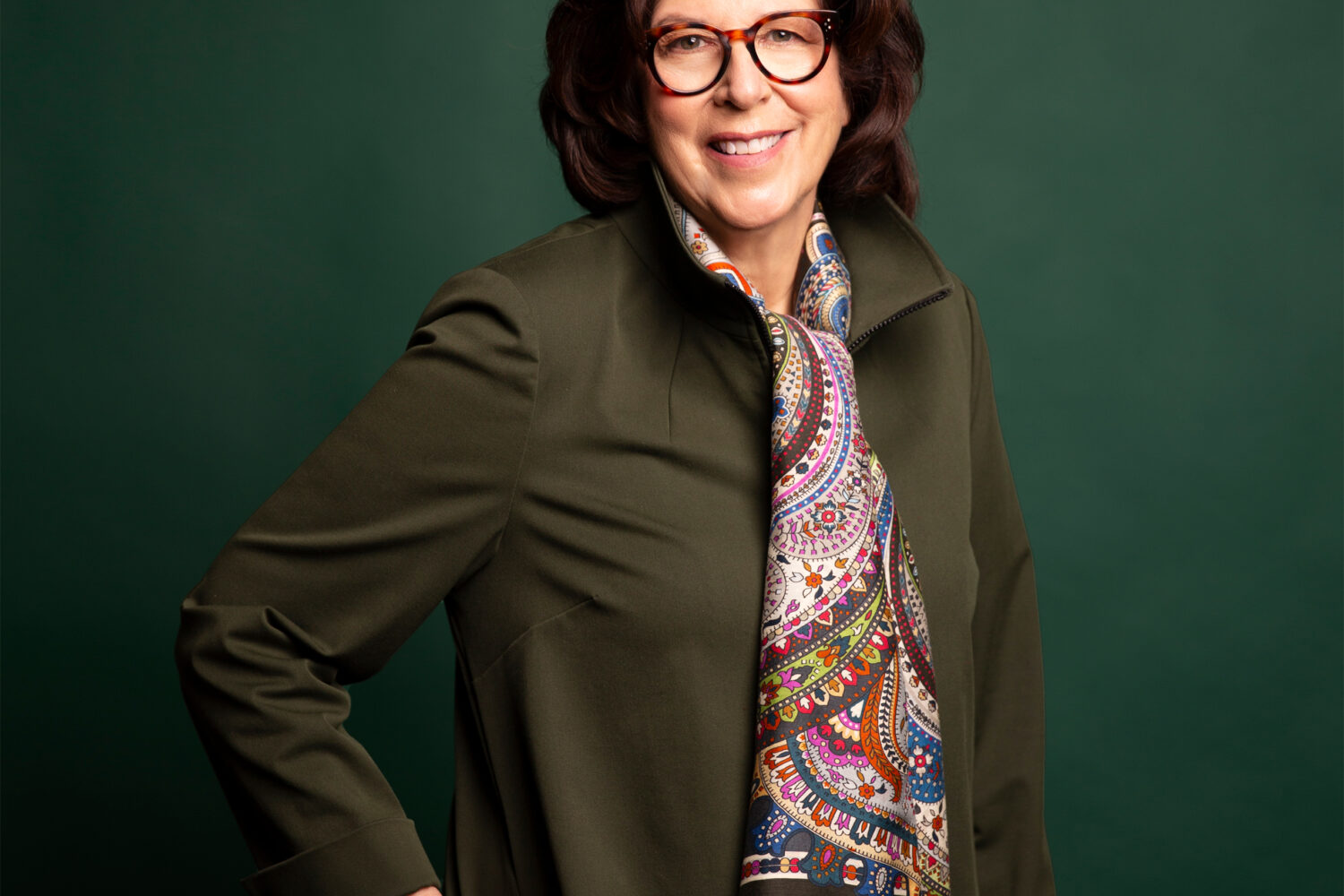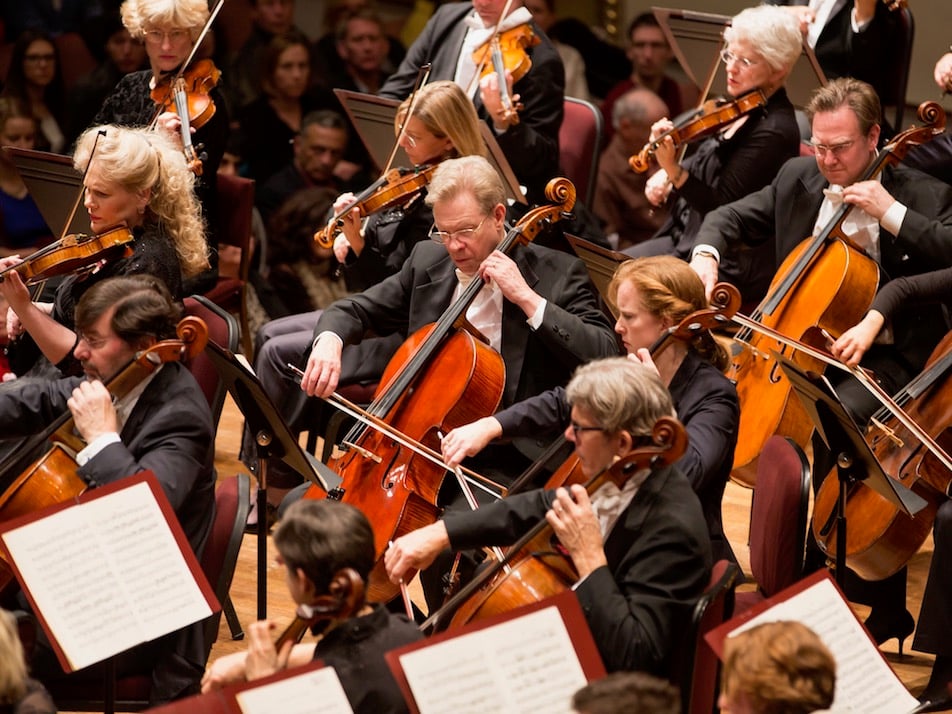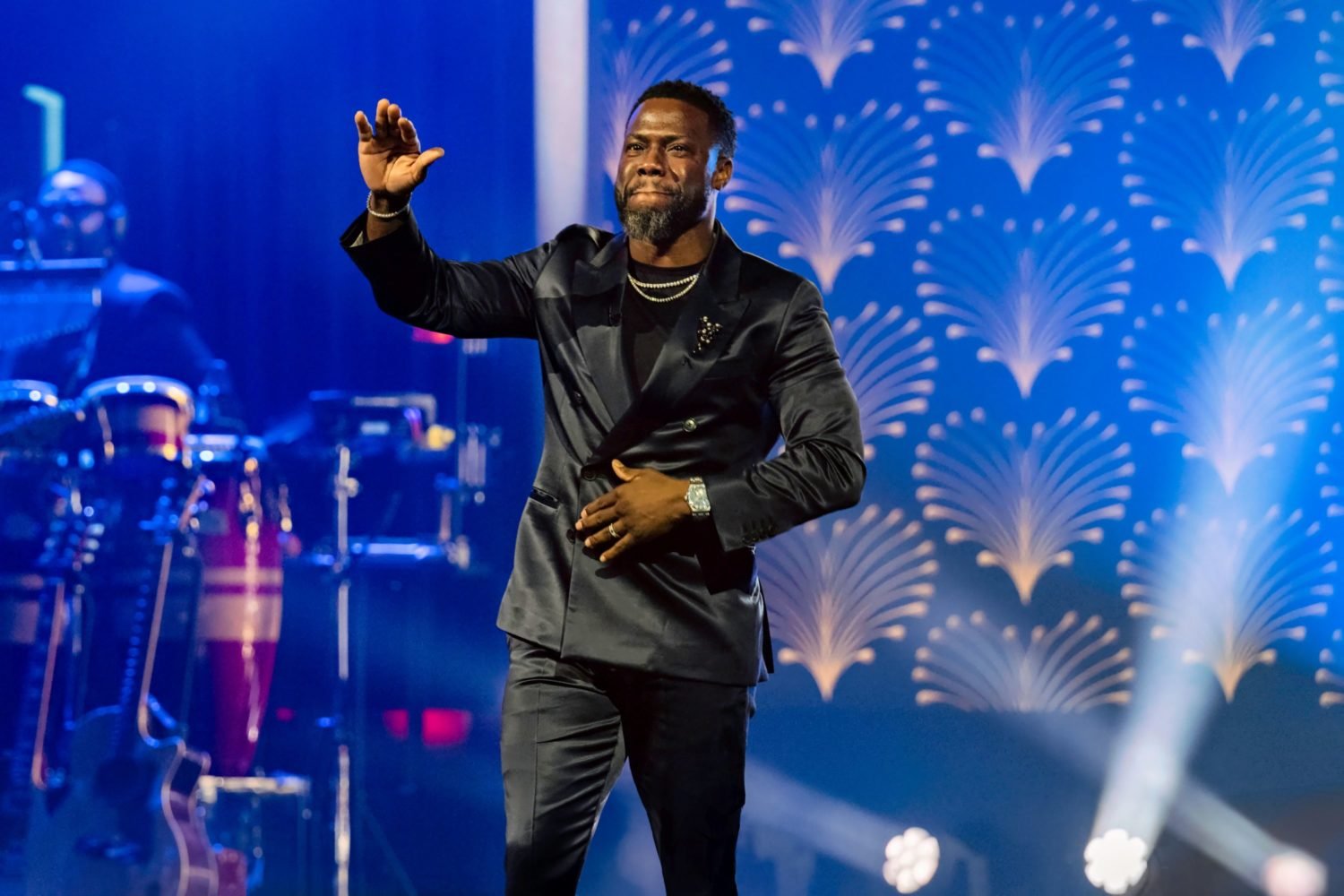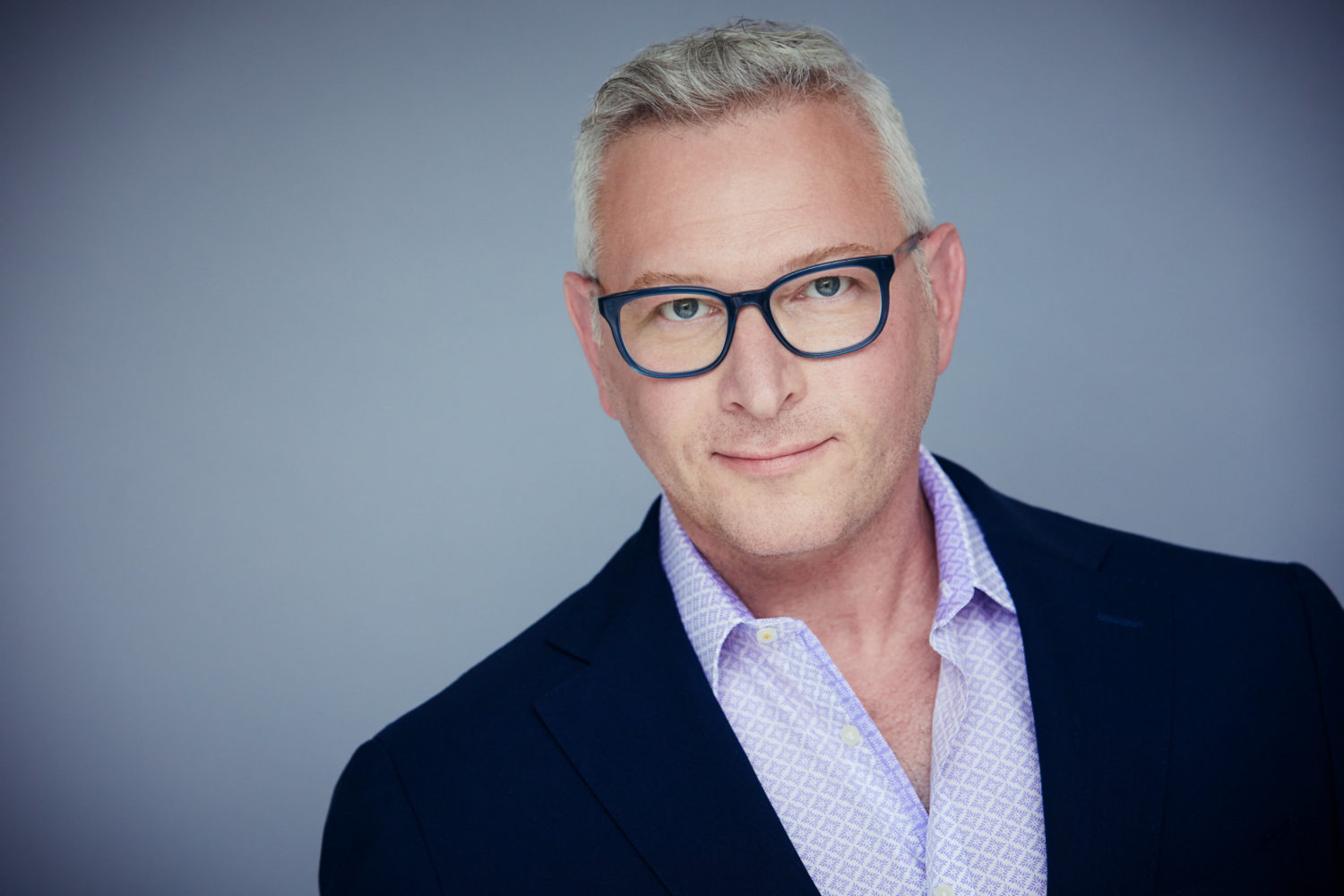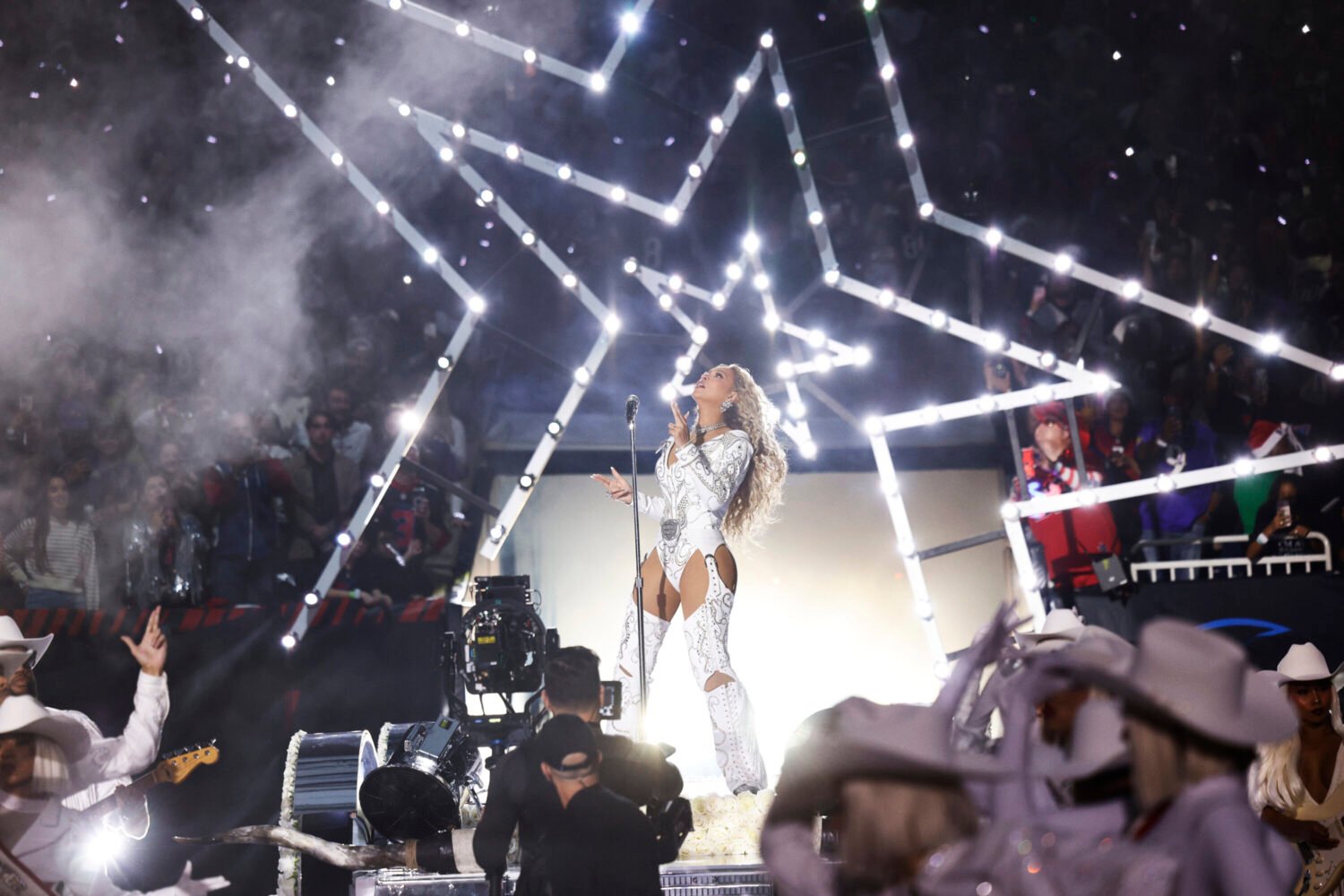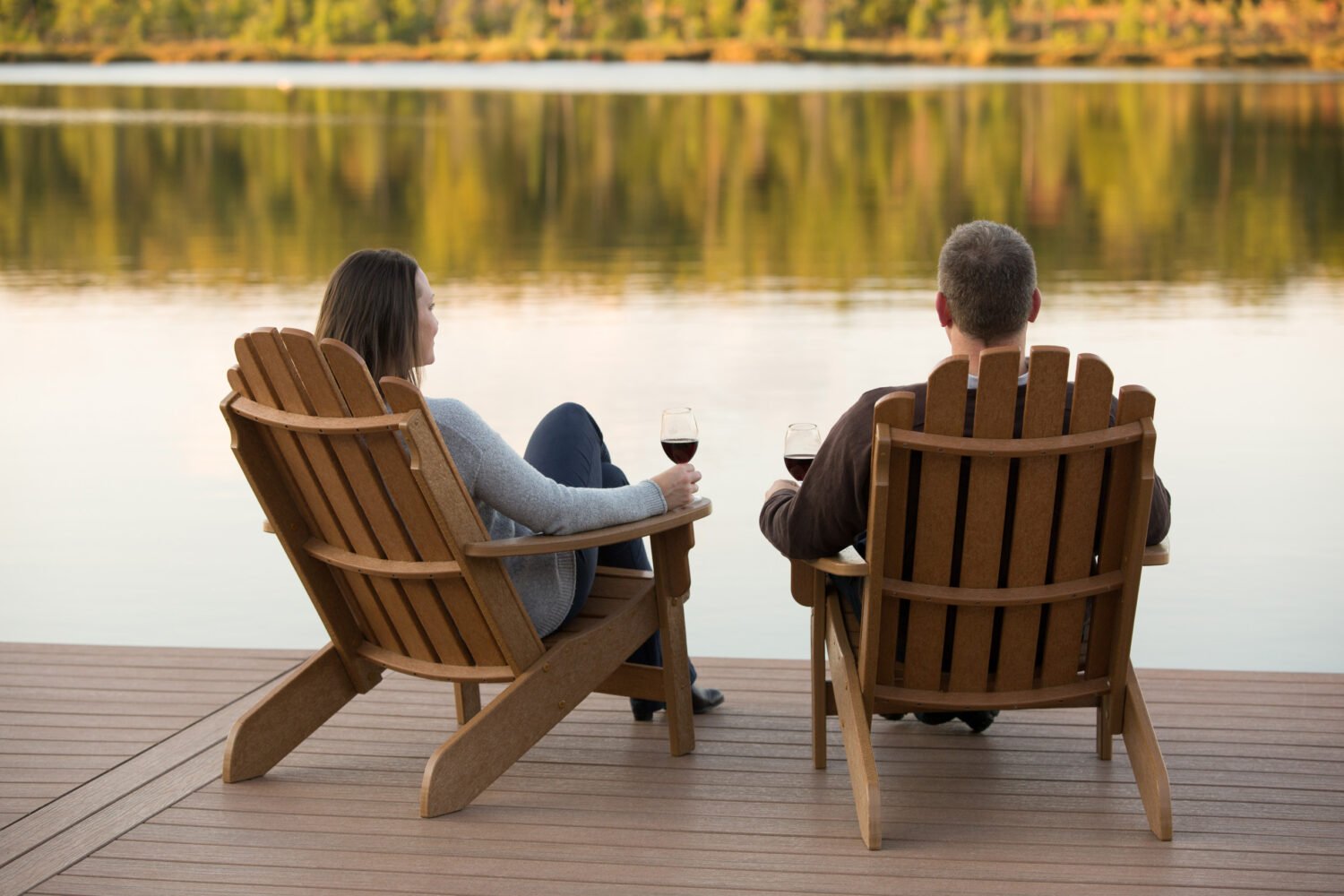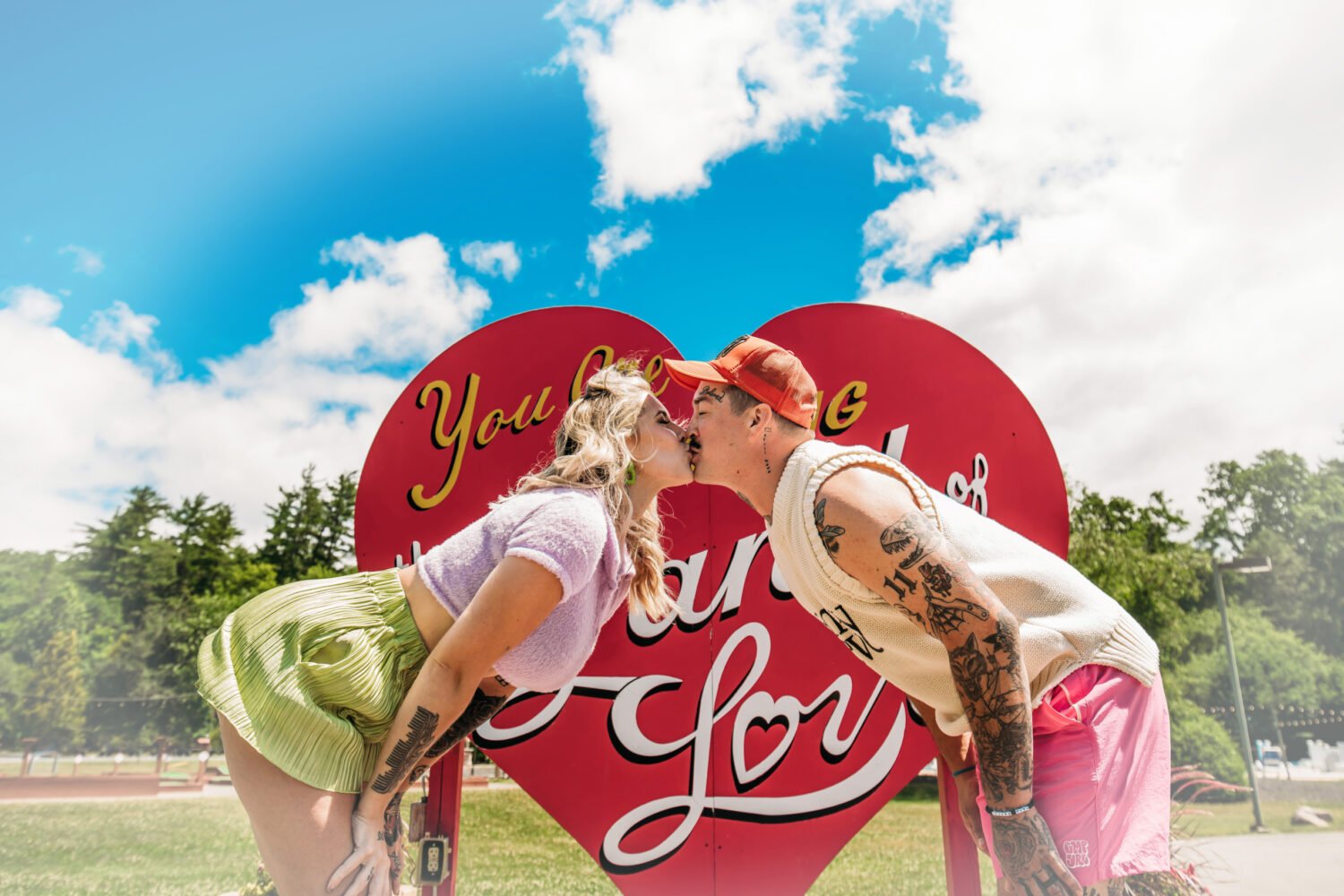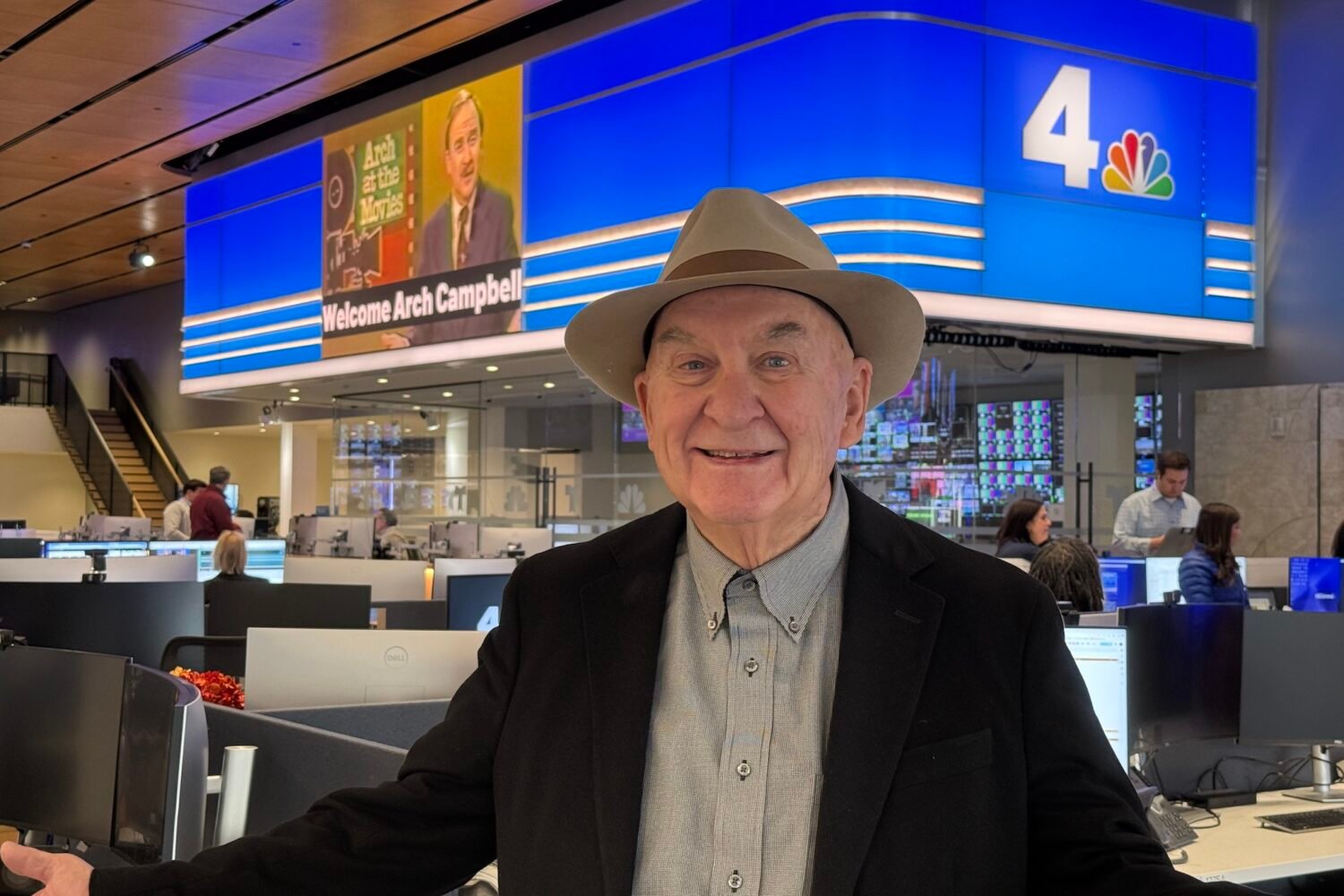Tonight, Jenni Brandon will conduct the world premiere of her new opera, “3 Paderewskis,” at the Kennedy Center for the Performing Arts. Presented in collaboration with the Embassy of Poland, the show explores the life of the first Prime Minister of the modern Polish state, who was a virtuosic pianist in his youth, and a winemaker late in life. We chatted with Brandon a few days before the premiere.
Tell me a little about the show.
[Ignacy Jan] Paderewski was a famous politician, statesman, pianist, and composer from Poland. In our approach to writing this show, the first thing my librettist, Oliver Mayer, said was, “he’s got such a great, big personality that you can’t just have one Paderewski, you need three.” Our idea was to explore Paderewski through three variations in his life. There’s the young Paderewski who’s the pianist, the lover, the one who loses his wife in childbirth. There’s our middle-aged Paderewski, who’s fighting for the freedom of Poland and is frustrated. And then our third Paderewski, who’s towards the end of his life and just wants to make wine. We wanted to explore these three very different aspects of his personality.
Compositionally speaking, what were some of the challenges in composing for three different people playing the same role, one of whom is a mezzo-soprano.
It was really interesting to give all three of them different colors and flavors. We wanted to have this pants role (where a woman plays a man) for the mezzo where we could explore the softer, lover side of [Paderewski]. So, I had to allow that mezzo-soprano line to be beautiful, and lyrical, and floating, but also to give some edge to it, because the young, feisty Paderewski was very much out there and sort of a rock star of his time. I have a doo-wop kind of section with snapping fingers. I was like, “I’m gonna do that in the middle of an opera, this is great.”
So would you describe this as an opera? Because I’ve also seen it described as a new musical.
It’s something we’ve gone back and forth on. In the original [composing] competition [that led to the show’s creation], they were looking for new musicals about Paderewski. We originally called [3 Paderewskis] a “new American musical hybrid,” but as we shifted into this final 60-minute version we’re presenting, it became clear that it was more in the realm of opera [in regards to] the way we’re singing and approaching the music. I think today, as a composer, we can get away with combining styles in pieces. So, although I refer to it as “an opera in one act,” there are some [musical theater] elements that sneak in. I wanted to allow us to play in both worlds, because new opera combines ideas from all different genres.
I think people are sometimes surprised to hear there are new opera works being created, as your average person associates “opera” with screeching sopranos wearing viking helmets. What do you think “opera” means in the 21st century?
The thing I really enjoyed about writing [3 Paderewskis] is that I wasn’t feeling stuck in a particular box, and I think that’s what’s exciting about what’s happening right now [in composition]. We’re still sticking traditional labels on things, but the future is going in this direction where composers are writing music that can be anything and everything, and it’s okay for it to be that way. And I think audiences are excited about that. I think they want to come and hear something that doesn’t necessarily fall inside of a particular category, and they’re almost expecting to come and hear a combination of ideas. I think we [composers] feel much freer to explore where we come from in our backgrounds and what we love. All of that plays into who we are as composers, and we don’t have to apologize for it.
What you’re saying about bringing different backgrounds to the table is definitely something that Deborah Rutter has made a focal point in her efforts to improve the Kennedy Center. What does it feel like to have your work’s world premiere there?
It’s mindblowing, and I’m so excited! I was just saying to someone this morning, “I’m going to be conducting at the Kennedy Center on Wednesday night. This is crazy!” As a composer, we work and work and work. We work to get our stuff performed, we work to get our stuff out there. To get to do it in such a beautiful space and in front of an audience excited to come and hear this new opera and this story about Paderewski, it’s thrilling. I don’t know if I have the right words to describe it, but I’m just so excited, and humbled, and thrilled, and a little bit nervous, but really looking forward to it.
Why do you think this work is important right now and for this audience?
In all of his work, [Paderewski] was so concerned about the rights of people to live how they wanted and to be free. I feel like it parallels so much of what is happening here in our country. People are stepping up and speaking out for what’s right. Around the world, there’s this continued fight to bring equality and justice to people. Paderewski fought for the freedom of Poland, and here [Poland is] 100 years later celebrating that. And we do have some political stuff in our show; we talk about the inequities and injustices that keep happening and how we need to keep on course and keep the focus. I think we can learn a lot from [Paderewski] historically, which is why bringing him to people is really exciting, because I think he has a lot of lessons to offer to us now.
There’s such a unique opportunity in DC to provide social and political commentary through art with seats of power just a few miles away, but the arts scene here often gets overshadowed. What are some things you think are being overlooked?
I think any art that’s bringing to light stuff that’s currently happening is really important. The Congressional Chorus, for example, is doing a concert titled “Nevertheless, She Persisted,” that has all women composers on it and a piece of mine that talks about the immigrant experience. I hope people in DC will look around and support artistic groups who are taking a stand about how they feel and what they believe. It’s very noisy out there with all the politics. I think it’d be amazing for people to get above the noise and realize that art can bring us all together, that we can have a political statement presented through beautiful art, music, or theater. Even out here [in California] we pay a lot of attention to the political news, and sometimes it’s hard to pay attention to other stuff because of that. But it’s so important for us to come together through art and remember it can make us feel really good, it can make us feel like we’re on the right path.
While it’s improved in the past decade, composition, especially in opera, is still a very male-dominated field. What advice do you have to any women looking to get involved in the creative side of opera?
The advice I’ll give to emerging composers is to find the people and the projects you want to work with. Find the people that are excited about working with you and your vision and ideas. You find the right collaborative partners, and you’re gonna have great fun and great experiences. It’s not to say we don’t run into hard and ugly situations where we run into people that we don’t want to work with or don’t respect us. But I think it’s really important for people to go out and to make the project they want to make. Don’t wait for the projects to come to you. Forge your own path, and find the people that you really love to work with, and make it happen. When we do that, that’s when we find that we’re the happiest and we feel the most respected.

